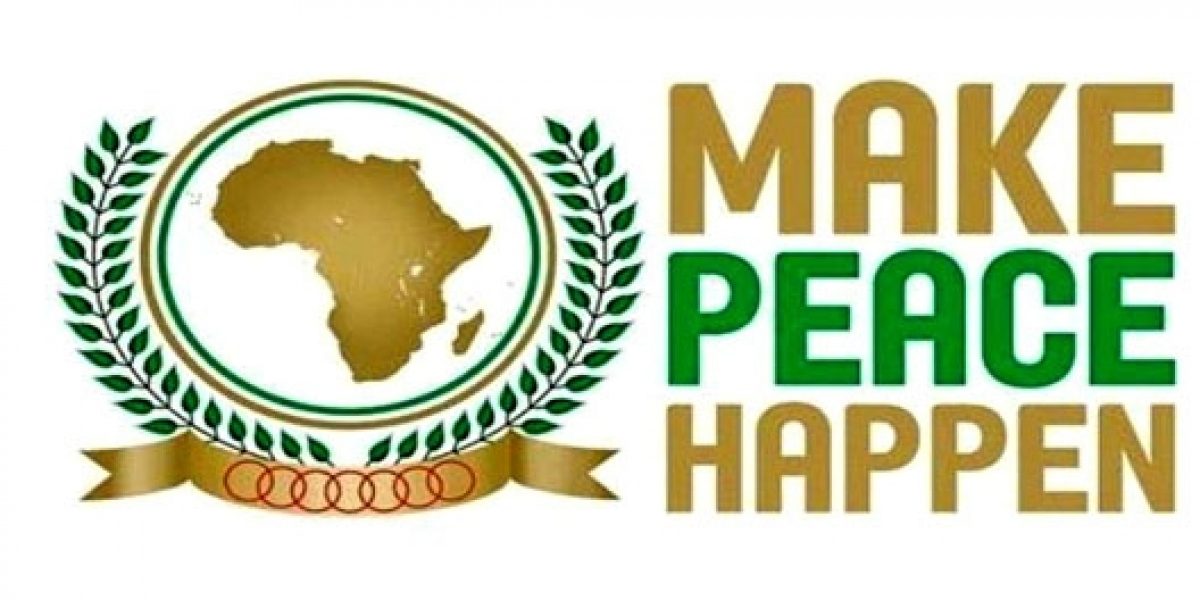Sub-Saharan Africa is decidedly heterogeneous when it comes to the interests and normative underpinnings that frame each country’s interpretation of the notion of security, not to mention the capacity and willingness of individual African states to address the myriad forms of insecurity and vulnerability.
Nonetheless, there have been considerable efforts, regionally and particularly continentally, to develop norms or rules of behaviour and institutions to address the causes of global, national and human vulnerability and promote security.
This year, the African Union’s Peace and Security Council (PSC) celebrates its 10th anniversary, thus presenting an opportune moment to reflect on progress made to date and, more importantly, the challenges it faces in promoting peace, security and stability in Africa.
Established as a ‘standing decision-making organ for the prevention, management and resolution of conflict’, the PSC is mandated to enforce the AU’s decisions as the ‘collective security and early warning arrangement to facilitate timely and effective response to conflict and crisis situations in Africa’.
How is this continental approach reflected in positions taken by the respective security organs of the Regional Economic Communities (RECs) in dealing with crisis situations, and how do the national interests of individual African states impact on the ability of the RECs to address instability and promote security? Are shared norms identifiable across these sets of actors? How have African policymakers reacted to the engagement of external actors in crises across the continent? Have they sought to generate home-grown, i.e. ‘African solutions’ as a direct response to what they perceived to be interference in African affairs?
These are the guiding questions of a paper on ‘Addressing Vulnerability and Promoting Security: Views from Africa‘ which was written as part of an independent five-year research and seminar series on each of the five pillars of FutureWorld Foundation’s Global Agenda developed for its Norms for Global Governance programme:
- Deliver environmentally and socially sustainable economic growth (2012)
- Effectively reduce poverty and improve equity (2013)
- Address the sources of global, national and human vulnerability and promote security (2014)
- Share the norms and values that enable global coexistence, while celebrating humanity’s cultural diversity (2015)
- Improve the quality of global governance and our global institutions (2016)
The programme seeks to help clarify the normative basis for better governance of the collective challenges facing humanity, which cannot be addressed satisfactorily by nation states acting independently, and thus require transnational collaboration. The FutureWorld Foundation has commissioned leading international research institutes in association with the Bertelsmann Foundation since 2012 to prepare and present a range of national and regional perspectives on the Foundation’s Global Agenda. They include, amongst others, the Brookings Institution [USA], Chatham House (Royal Institute of International Affairs) [EU], Asia Society [China], Institute of Contemporary Development [Russia], Observer Research Foundation [India], the South African Institute of International Affairs [sub-Saharan Africa], and Fundação Gétulio Vargas [Brazil]. For more information on the programme and for information of previous publications, please visit FutureWorld Foundation’s website at: http://www.futureworldfoundation.org








